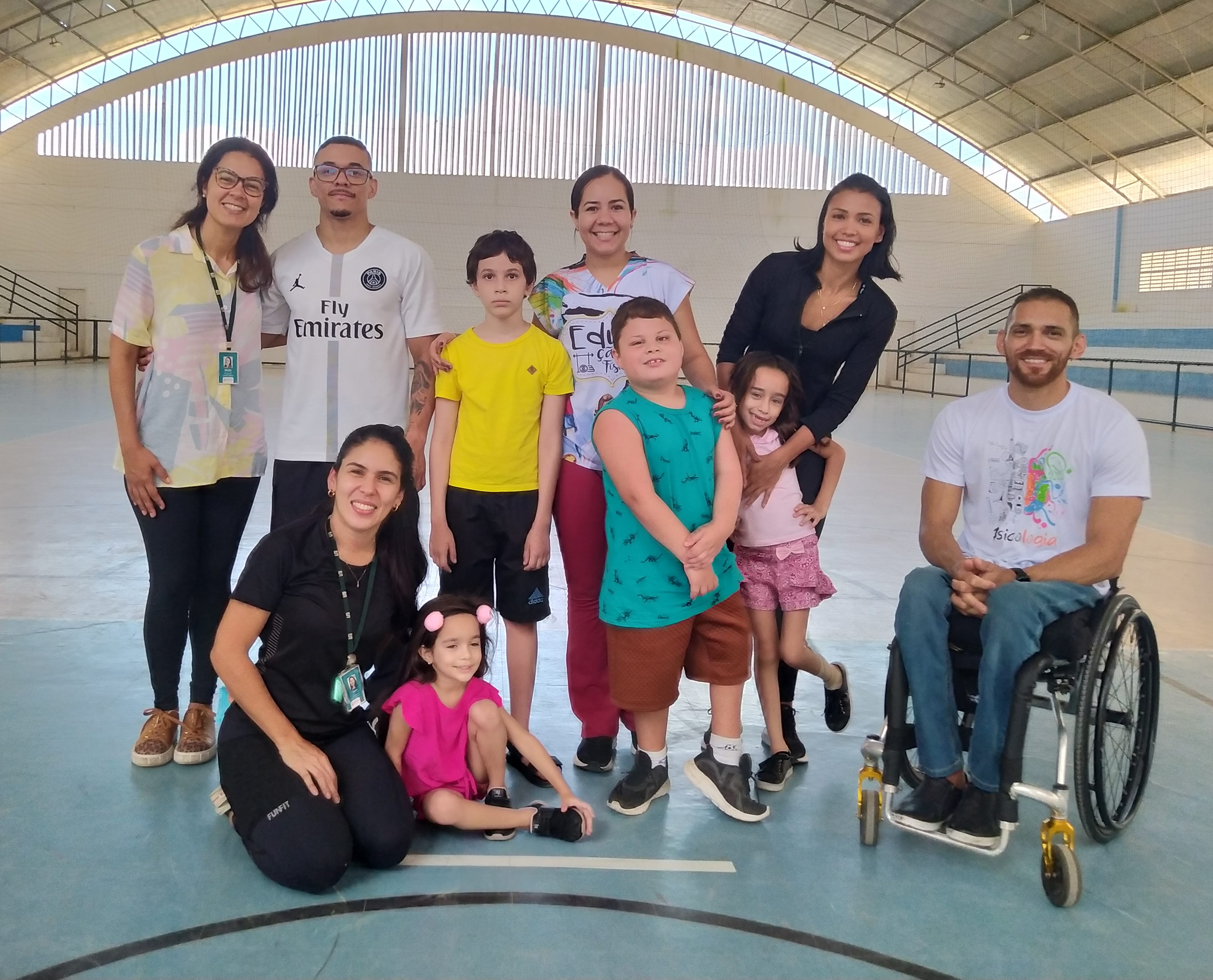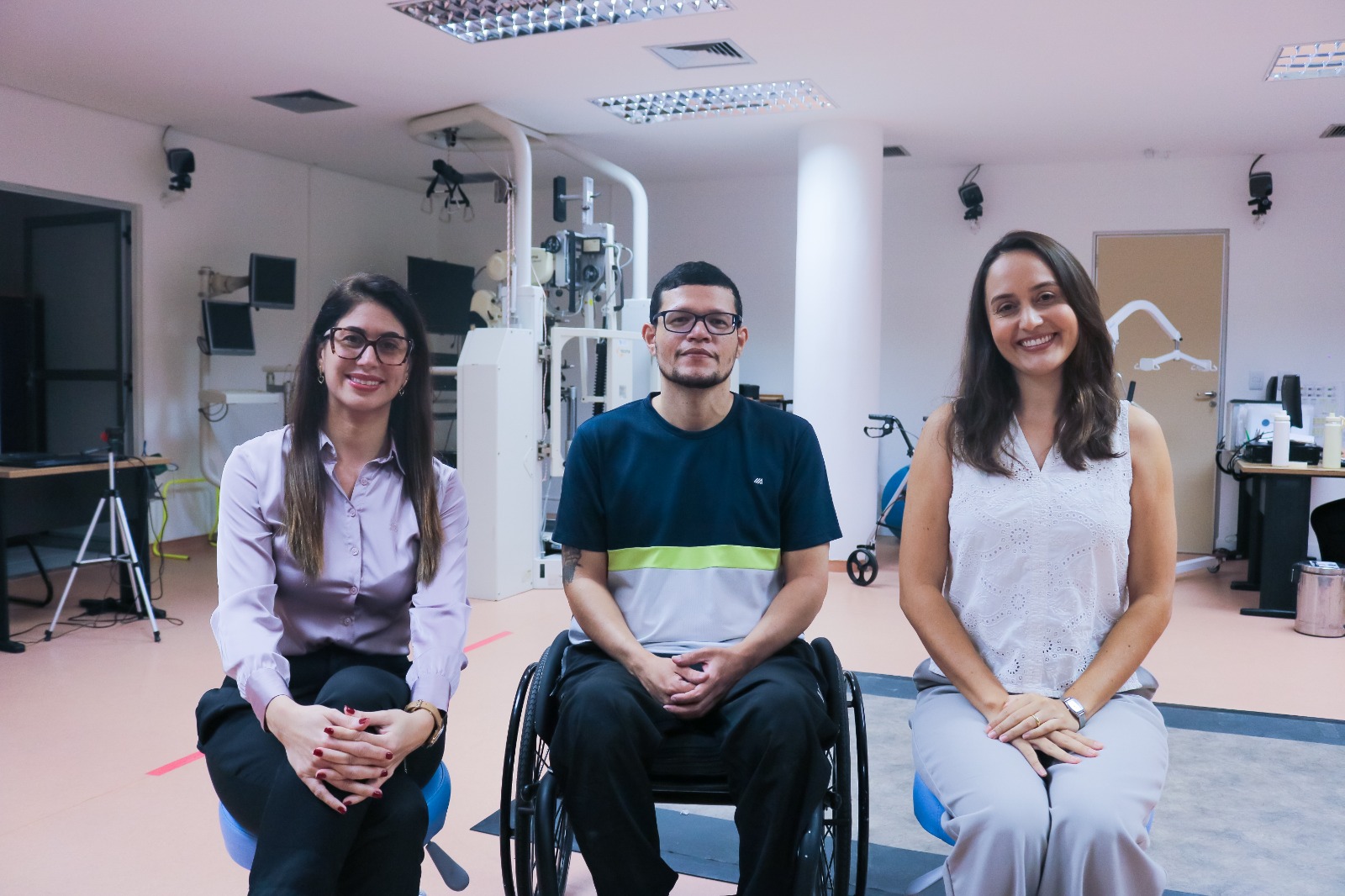September 21st marks the celebration of National Day of Struggle for People with Disabilities. The date, established by law in 2005, reinforces the importance of expanding the discussion on the inclusion of people with disabilities (PwD) in society. Measures to expand rights and public policies aimed at this group have advanced in recent decades, as demonstrated by the creation of the Statute of Persons with Disabilities, launched in 2015, and the 1991 Quota Law, which establishes the reservation of vacancies for people with disabilities. in companies with more than 100 employees. Even so, numerous barriers continue to prevent social participation from being available to everyone.
The Annual Social Information List (Rais) points out that, in 2020, of the more than 46 million professionals registered in formal jobs in the country, only just over 1%, or 486 thousand, were people with disabilities. The Quota Law establishes that percentages of 2% to 5% of vacancies in each company are allocated to hiring PwDs. According to the Information and Statistics Panel of the Labor Inspection in Brazil, there are more than 800 thousand vacancies reserved for PwDs in the country, considering private companies, mixed economy companies and public administration. However, only 50% of these vacancies are filled, the majority in the private sector. According to the National Health Survey, in 2019 Brazil had 17.3 million people with some type of disability.
For the physiotherapist preceptor at the Santos Dumont Institute (ISD), Camila Simão, the most common barriers to inclusion are physical barriers, which hinder accessibility, and attitudinal barriers, which permeate the behavior of society as a whole. Examples of this are the lack of access to common spaces, prejudice and ableism, often present at home, at school, at work and in the community in general.
“The attitudinal barrier is one of the main challenges. I believe that we need to work on health education, awareness and dissemination of information, which play a very important role in removing these obstacles”, says the preceptor. Favoring and facilitating the social participation of people with disabilities is an important point highlighted by Camila Simão. For inclusion to actually happen, it is necessary to understand the needs and context of each person. The rehabilitation service needs to work with a focus on functional objectives, which aim to promote greater social participation by PwD.
“In this sense, it is important that the health service understands the needs of PwD and identifies, in addition to their potential, their support network and possible obstacles present in their life context. In this way, through a 'shared practice', that is, with the active participation of the PwD and their family, together with the healthcare team, the therapeutic plan will be carried out to achieve the objectives of social participation”, he adds.
It is necessary to disseminate the potential of people with disabilities and the importance of their inclusion in sports activities, at work and in all common spaces. PwDs are often not frequenting these spaces because of the presence of architectural and, mainly, attitudinal barriers, and not because of the disability itself.
In this sense, adapted sport, for example, was included in the ISD Specialized Rehabilitation Center as a way of promoting greater social participation and to offer the opportunity to practice sports to this population. It was with this spirit that Pablo Ferreira joined the institution's parasports program. “The experience has been incredible for me, because now, in addition to being a user, I am also an ISD intern. The doors opened. I see the impact of sport on the lives of the participants. I am very proud to be part of this story”, says Pablo.
Text: Naomi Lamarck/ Ascom – ISD
Photograph: Naomi Lamarck/ Ascom – ISD
Communication Office
comunicacao@isd.org.br
(84) 99416-1880
Santos Dumont Institute (ISD)
It is a Social Organization linked to the Ministry of Education (MEC) and includes the Edmond and Lily Safra International Institute of Neurosciences and the Anita Garibaldi Health Education and Research Center, both in Macaíba. ISD's mission is to promote education for life, forming citizens through integrated teaching, research and extension actions, in addition to contributing to a fairer and more humane transformation of Brazilian social reality.













